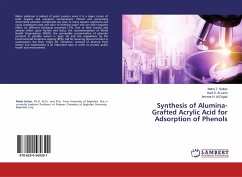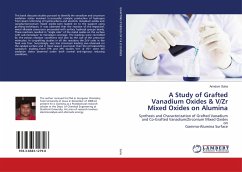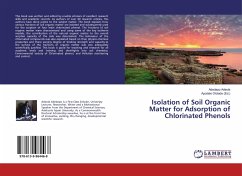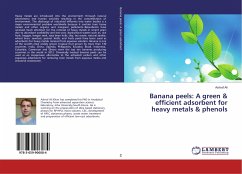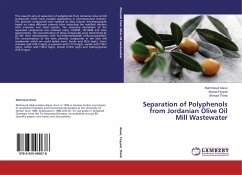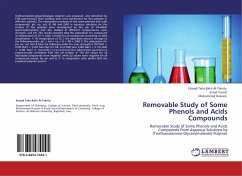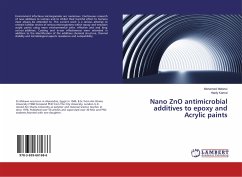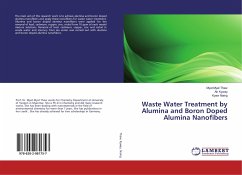Water pollution is indeed of great concern since it is a major carrier of both organic and inorganic contaminants. Phenol and particularly chlorinated phenolic compounds are toxic to many aquatic organisms and cause unpleasant taste and odor to drinking water and can exert negative effect on different biological processes [1-3]. Due to their toxicity and adverse effect upon human and biota, the recommendation of World Health Organization (WHO), the permissible concentration of phenolic contents in potable waters is 1µg/L [4] and the regulations by the Environmental Protection Agency (EPA), call for lowering phenol content in wastewaters less than 1mg/L [5]. Therefore, removal of phenols from waters and wastewaters is an important issue in order to protect public health and environment.
Bitte wählen Sie Ihr Anliegen aus.
Rechnungen
Retourenschein anfordern
Bestellstatus
Storno

